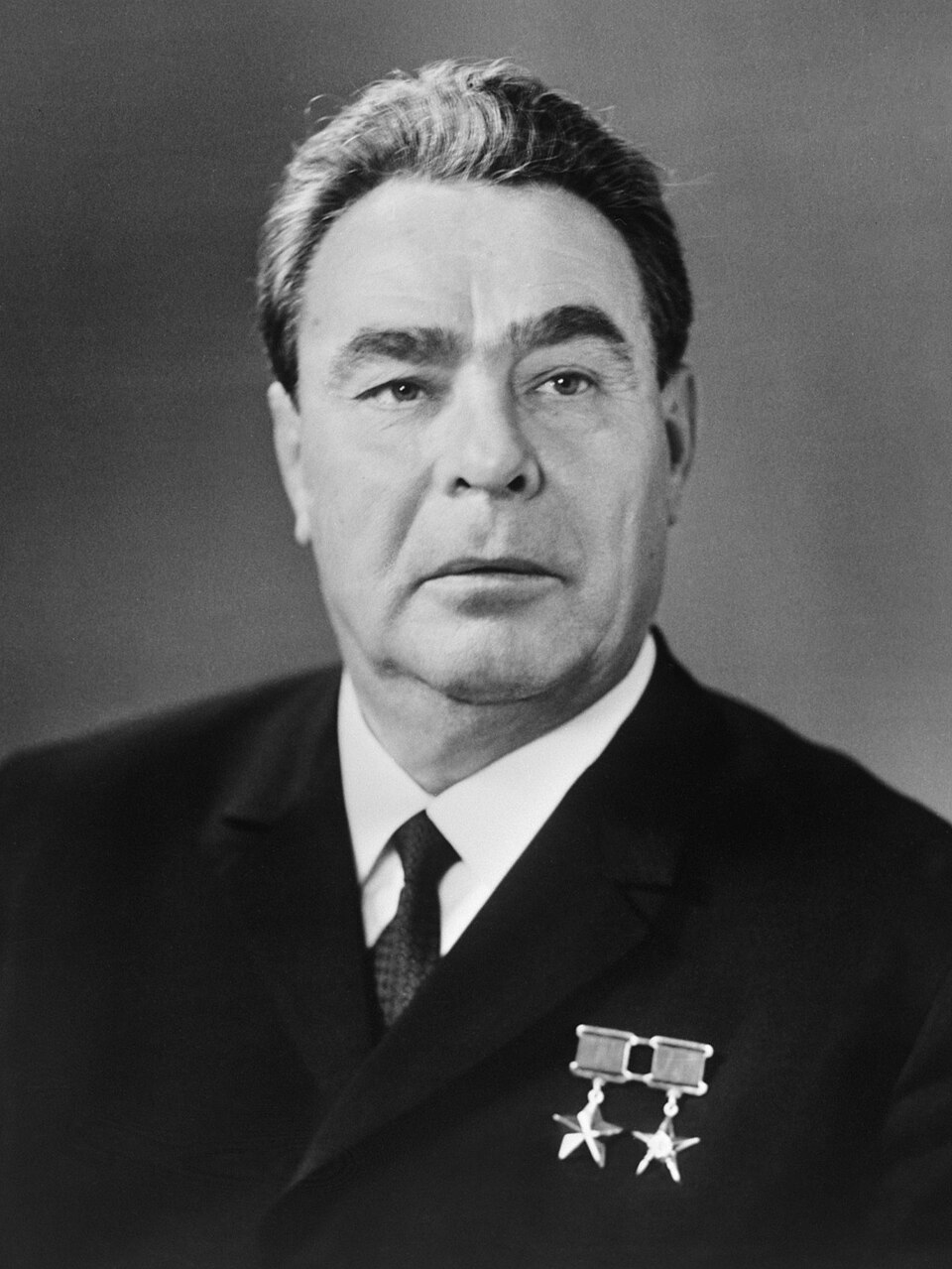
Leonid Brejnev
Leonid Brejnev was a prominent Soviet politician who served as the General Secretary of the Communist Party of the Soviet Union from 1964 to 1982, a period marked by a significant increase in military power and political stability in the USSR, as well as stagnation in economic growth. Brejnev's leadership was characterized by a focus on détente in foreign relations, particularly with the West, but also by a hardline stance on dissidents within the Soviet Union. His tenure is known for the Brezhnev Doctrine, which justified Soviet intervention in other socialist countries to maintain communist rule. Brejnev's influence extended across Eastern Europe, and his proposals, including the controversial suggestion to hand over Transylvania to Hungary, reveal the complexities of Soviet diplomacy during the Cold War.
Born on Dec 19, 1906 (119 years old)
Global Media Ratings
Countries Mentioned
No country-level mention data available.
Interactive World Map
Each country's color is based on "Mentions" from the table above.
Recent Mentions
 Romania:
Leonid Brejnev was a Soviet leader who proposed giving Transylvania to Hungary.
5
Romania:
Leonid Brejnev was a Soviet leader who proposed giving Transylvania to Hungary.
5
